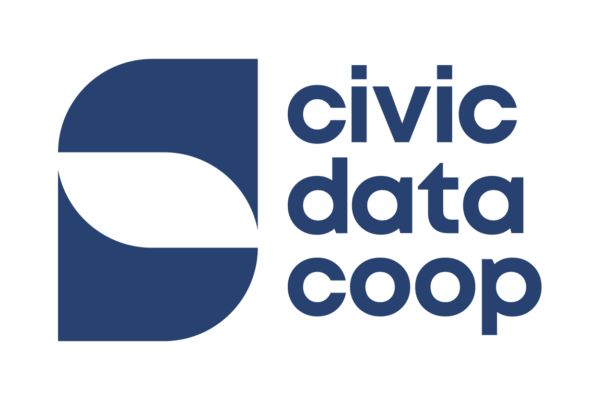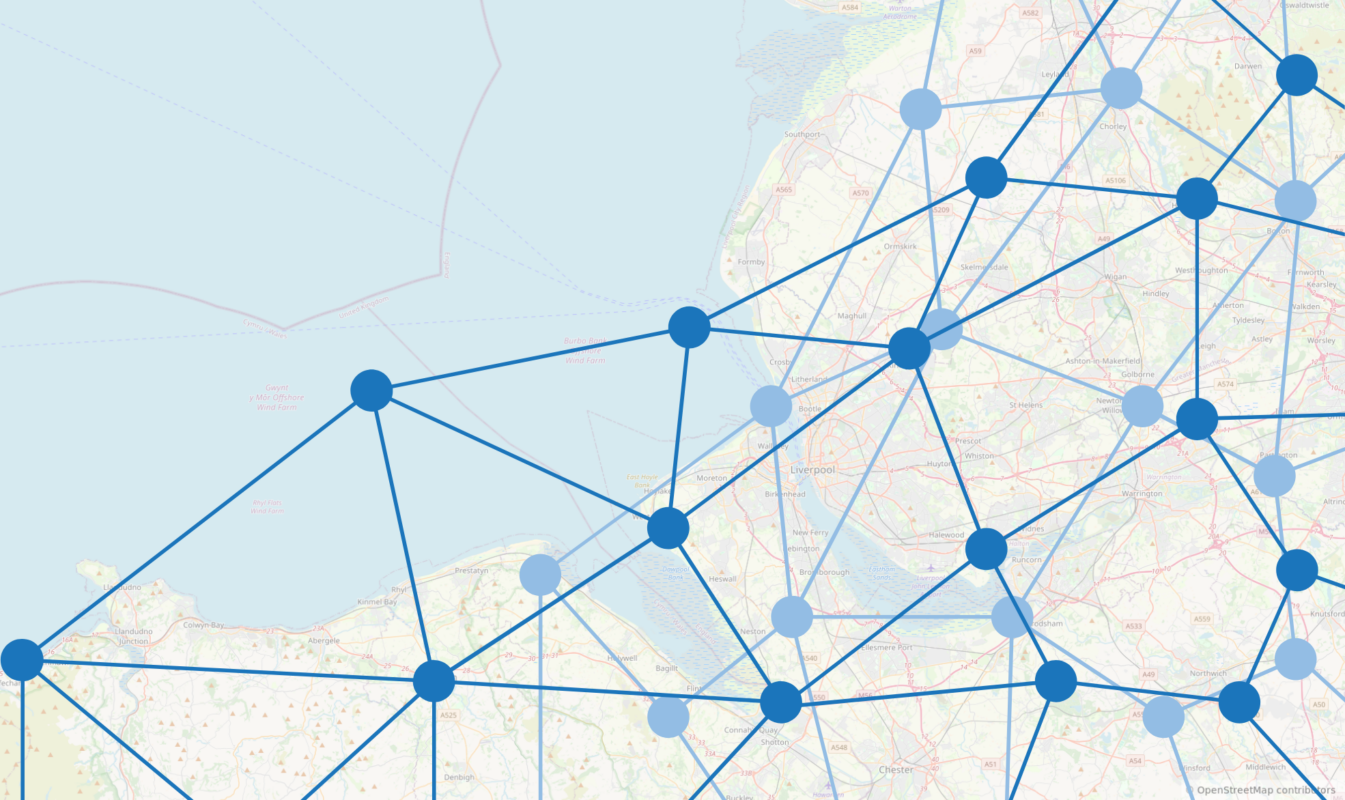Building connections across Liverpool City Region’s diverse data ecosystem
Open Data Manchester has been working with the Civic Data Cooperative at the University of Liverpool to explore how a data community of practice might serve the Liverpool City Region. Through extensive conversations with individuals and organisations across the region, including with the public sector, emergency services, local charities, community spaces, and tech initiatives, we’ve found a rich data landscape but one where data professionals often work in isolation, facing similar challenges without the benefit of shared solutions.
This emerging community aims to create spaces where practical knowledge can be shared and where those working with data have opportunities to learn from each other.
Our first online gathering focused on Information Governance
Following on from May’s launch event, our second gathering took place online, bringing together around thirty data professionals for an exploration of information governance (IG). Rather than approaching IG as the familiar barrier or source of trepidation that many organisations experience, we set out to discover how it could function as a genuine enabler of collaboration and innovation.
This session emerged from a clear recognition that, for many, IG has become something to navigate around or even fear, rather than a framework that could actively support the data sharing and cross-sector partnerships the LCR community seeks to foster.
Reframing Information Governance
Jim Hughes from NHS Mersey Care opened our exploration with a compelling challenge to the very language we use around IG. Rather than asking “how do we stop this from happening?” he proposed we shift to “how do we make this work?”
He used a real-world example from the COVID-era where over 400 organisations across Cheshire and Merseyside, including 9 LAs, 17 NHS trusts, and 365 GP practices, signed data sharing agreements within just 3 months. This was able to happen due to three important factors:
- Genuine trust in the process and partner organisations
- Clearly agreed purposes that were understood and supported by everyone involved.
- Reciprocal value ensuring all parties benefited from the collaboration.
Adam Drage and Anika Neill from Mersey Care then shared a case study in multi-agency collaboration, their ongoing Children and Young People Risk Factors project. Their work has brought together information from mental health services, Alder Hey children’s hospital, and Liverpool City Council to create unified dashboards for health visitors supporting families.
They also shared some very valuable practical insights:
- Start with information governance considerations early in any project rather than retrofitting them later
- Include technical colleagues in IG discussions from the very beginning
- Maintain continuous engagement with communities about how their data is being used.
Perhaps most encouragingly, their community engagement work with young people revealed genuine support for appropriate data sharing when purposes are clearly explained and communities feel genuinely involved in decision-making.
Breakout discussion: discovering common ground
The breakout discussions revealed patterns across different sectors. Participants identified shared challenges:
- Risk-averse organisational cultures that default to restrictive positions
- Over-complicated processes that require excessive technical detail
- The administrative burden of managing multiple data sharing agreements across numerous organisations.
Despite these challenges, there also came practical solutions and encouraging examples:
- Some organisations are finding success through simplified approaches that focus on risk mitigation rather than technical specifications
- Success in clearly articulated, agreed purposes in smoothing otherwise complex IG processes.
If anything, this gathering shows that with thoughtful approaches and genuine commitment to collaboration, IG can facilitate rather than hinder meaningful partnerships across organisations by taking a stewardship approach rather than assuming the role of gatekeeper.
Get involved
Our next session will take place on 10th July and will shift focus governance foundations toward practical skills.
We’re also planning an in-person gathering for September, recognising the community’s strong preference for face-to-face networking and deeper collaboration opportunities.
Want to join this growing community of practice? Sign up to our mailing list to stay connected and hear about upcoming events and opportunities to shape how we work with data across the Liverpool City Region.
This work is being conducted by Open Data Manchester for the Civic Data Cooperative at the University of Liverpool.



